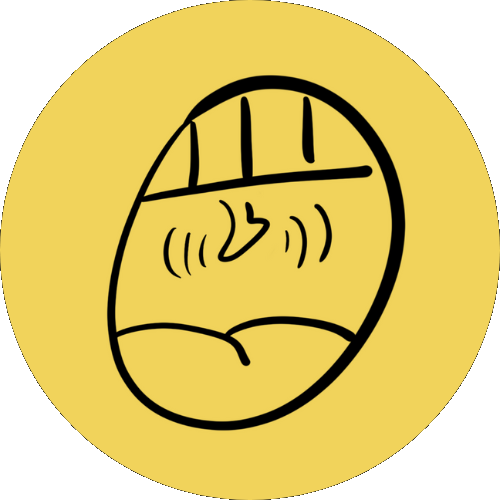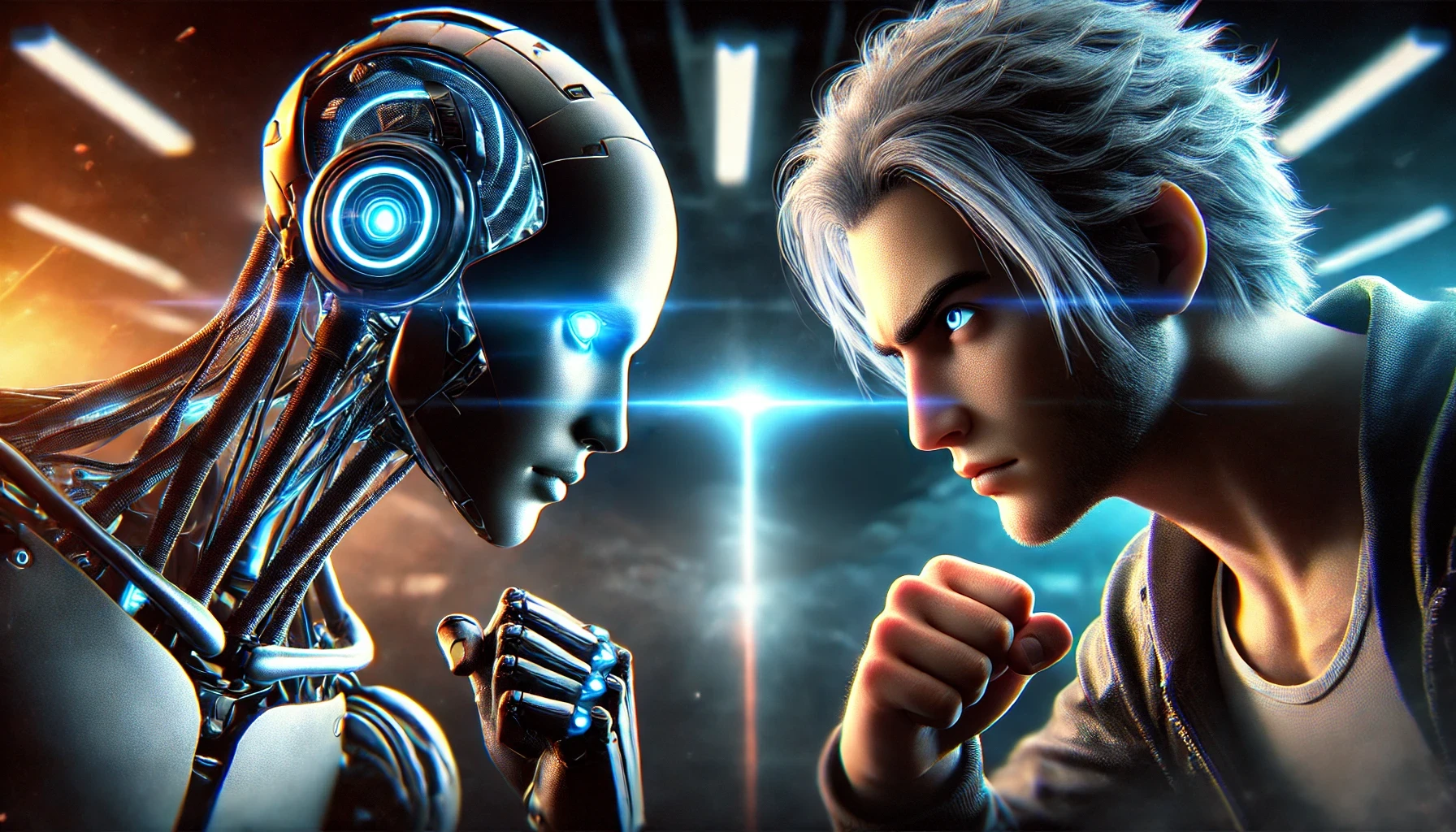As an affiliate for Amazon and SkillShare, I earn from qualifying purchases. This means that if you click on one of my affiliate links and make a purchase, I may earn a small commission at no additional cost to you. Thank you for supporting my work!
Hey everyone! Have you noticed how fast things are changing in the world of vocal coaching? It’s incredible. On one hand, we have cutting-edge AI technology offering new ways to learn and improve. On the other hand, there’s the irreplaceable value of human touch and expertise. Today, let’s dive into this fascinating debate and see what the future might hold for vocal coaching.
AI Technology in Vocal Coaching
Pros of AI in Vocal Coaching
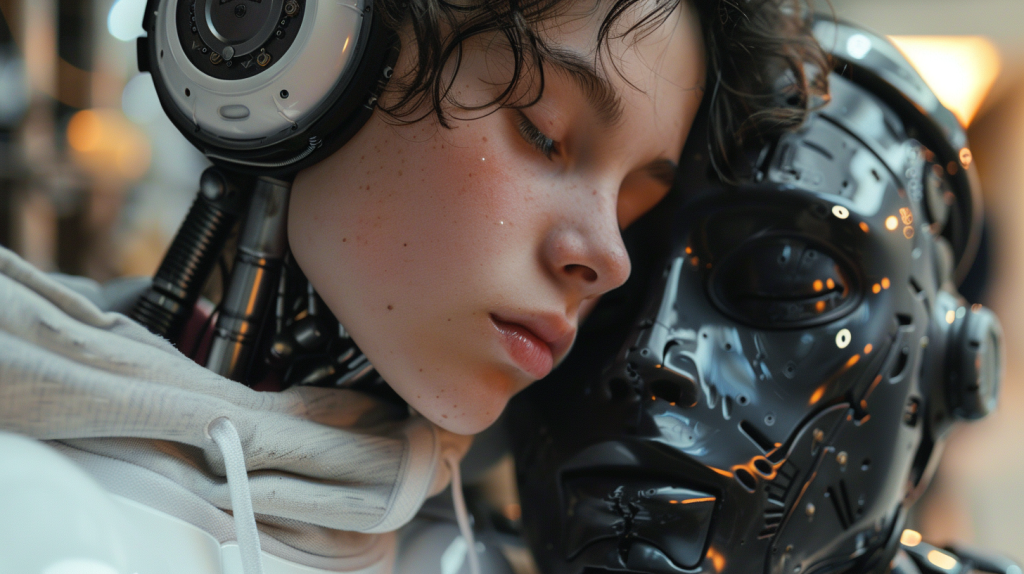
AI is revolutionizing many fields, and vocal coaching is no exception. Here are some key advantages of AI in vocal coaching:
1. Personalized Feedback and Real-Time Analysis
- AI can provide immediate, specific feedback on your performance, such as identifying which notes need improvement. This is a significant benefit of AI in vocal coaching.
2. 24/7 Availability
- An AI vocal coach is always available, allowing you to practice anytime, anywhere. This is especially beneficial for those with busy schedules.
3. Progress Tracking
- AI can track your progress over time, providing detailed reports on your improvement and areas needing work. This data-driven feedback can be highly motivating and help you focus your practice sessions more effectively.
Cons of AI in Vocal Coaching
However, AI isn’t perfect and comes with some significant downsides:
1. Lack of Emotional and Artistic Insight
- AI can tell you if you’re hitting the right notes but can’t feel or help convey the emotion in your voice. Human coaches excel in teaching the emotional and artistic dimensions of singing, which is a major point in the vocal coaching comparison.
2. Risk of Over-Reliance on Technology
- While AI tools are useful, they should complement, not replace, human guidance. Over-reliance on AI can lead to a lack of development in essential performance skills, such as stage presence and audience engagement.
3. Data and Algorithm Limitations
- AI algorithms are only as good as the data they are trained on. If the data is biased or incomplete, the feedback and recommendations provided by AI could be flawed or misleading. This could lead to the development of bad habits or improper techniques that might be difficult to correct later on.
More on this can be found in the article “Can AI Do That? The Challenges, Limitations, and Opportunities of Generative AI”.
My top Reads For Serious Learners
For those interested in how technology is shaping the music industry, here are some excellent resources available on Amazon:
| Category | Product | Description & Links |
|---|---|---|
| Books | Artificial Intelligence and Music Ecosystem | An in-depth look at how AI is transforming the music industry. Amazon US Amazon CA |
| | Music, Math, and Mind: The Physics and Neuroscience of Music | This book offers a lively exploration of the mathematics, physics, and neuroscience that underlie music in a way that readers without scientific background can follow. Amazon US Amazon CA |
| | The Artist in the Machine: The World of AI-Powered Creativity | A cautiously optimistic study of AI-powered computers creating art, literature, and music, potentially surpassing human creations. Amazon US Amazon CA |
| | The Art of Singing: Discovering and Developing Your True Voice | Discusses the nuances and techniques that only a human coach can provide, diving deep into the emotional and artistic aspects of singing. Amazon US Amazon CA |
SKILLSHARE
If you’re looking to broaden your horizons and learn something new, SkillShare has a wide range of courses to explore. Whether you’re interested in singing, music, photography, design, or business, there’s something for everyone. Sign up for SkillShare and start your free trial today!

Human Vocal Coaches
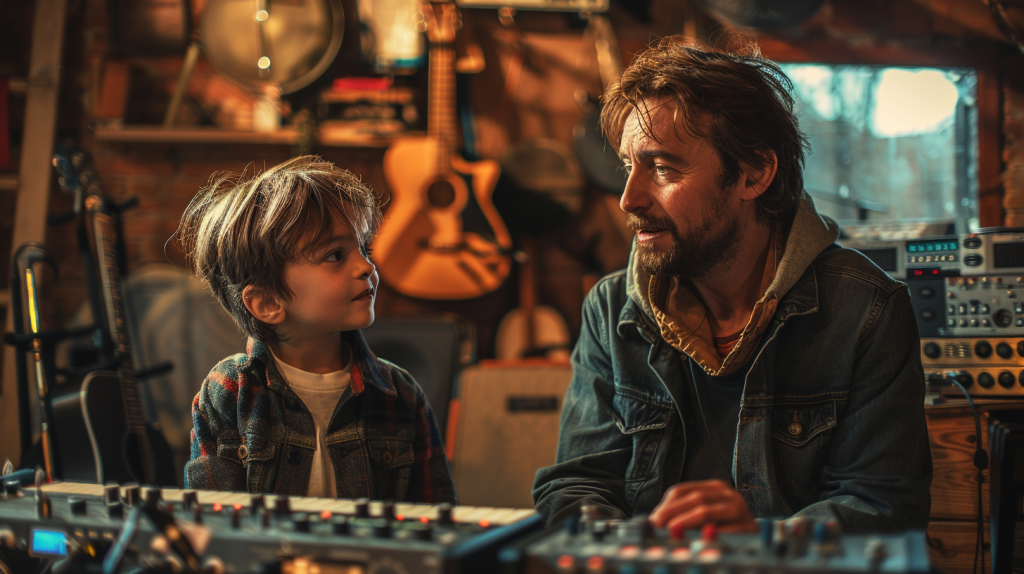
Pros of Human Vocal Coaches
Now let’s talk about the pros of working with a human vocal coach. The biggest advantage is the personalized and emotional feedback you get. A good coach understands the nuances of your voice and can help you bring out your best performance. They can provide artistic and performance guidance that no machine can match.
1. Personalized and Emotional Feedback
- A human vocal coach can build a deep, personal connection with their students, understanding their emotions, motivations, and unique vocal characteristics. This relationship is crucial for effective teaching and is something AI struggles to replicate. This highlights a significant benefit in the vocal coaching debate.
Take, for example, legendary vocal coach Seth Riggs, who has trained stars like Michael Jackson and Madonna. His ability to connect with his students and tailor his advice to their needs is something no AI can replicate. Learn more about his approach in this interview with Seth Riggs:
2. Nuanced Understanding and Emotional Insight
- Human coaches excel in managing a student’s emotional state and confidence, providing encouragement and support that AI cannot. They also devise creative solutions tailored to the specific challenges of their students.
Cons of Human Vocal Coaches
However, human coaches come with their own set of challenges.
1. Cost and Accessibility
- Quality coaching can be expensive, and not everyone has access to experienced vocal coaches in their local area.
2. Variability in Quality
- The quality of coaching can vary widely, making it hard to find a good match. Personality conflicts or differing teaching styles can also make it difficult for students to progress.
Many of the students I work with have spent months searching for a coach who understands their unique style and needs. The inconsistency and difficulty in finding the right coach can be frustrating and discouraging.
Predictions for the Future
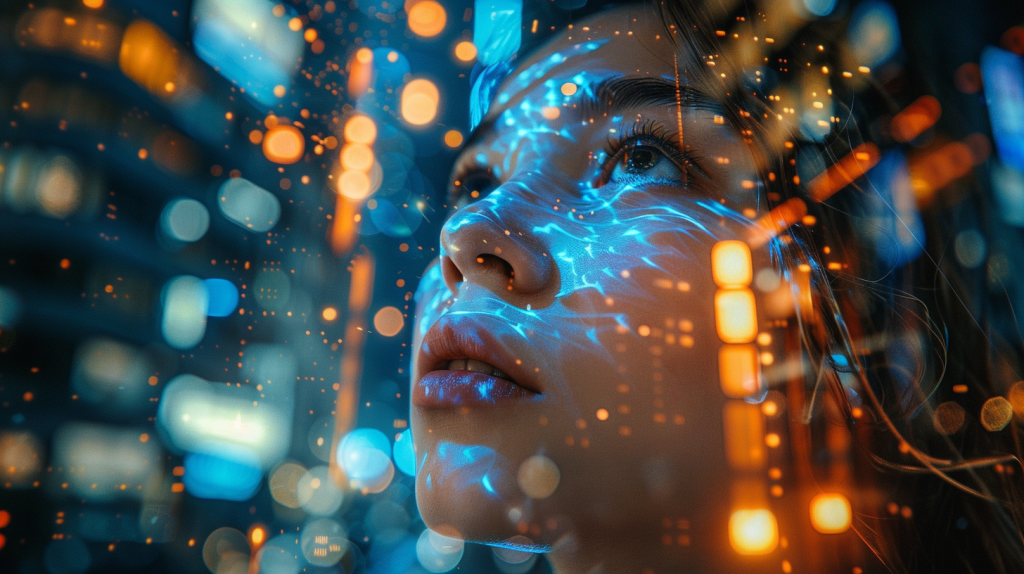
Near Future
In the near future, we will likely see a blend of AI tools and human coaching becoming the norm. AI can efficiently handle the technical aspects of vocal coaching, such as pitch correction, vocal range analysis, and personalized exercise recommendations.
1. Technical Precision
- AI tools can handle pitch correction, vocal range analysis, and personalized exercise recommendations with high precision.
2. Immediate Feedback
- AI provides instant feedback on technical skills, which helps singers improve accuracy and consistency.
3. Hybrid Model
- Combining AI precision with human coaches’ empathetic and intuitive guidance makes high-quality vocal coaching more accessible and effective for all levels of singers.
Far Future
Looking further ahead, AI could take on an even larger role in vocal coaching. Advanced AI-driven platforms may offer highly personalized training programs that adapt in real-time based on the singer’s progress and performance data.
1. Personalized Training
- Advanced AI platforms may offer real-time adaptive training programs based on a singer’s progress and performance data.
2. Sophisticated Analysis
- AI could use sophisticated algorithms to provide customized exercises and feedback tailored to individual needs.
3. Immersive Environments
- AI could incorporate virtual and augmented reality elements to create immersive training environments, such as virtual concert halls or holographic coaches.
Industry Perspective and Need for Change
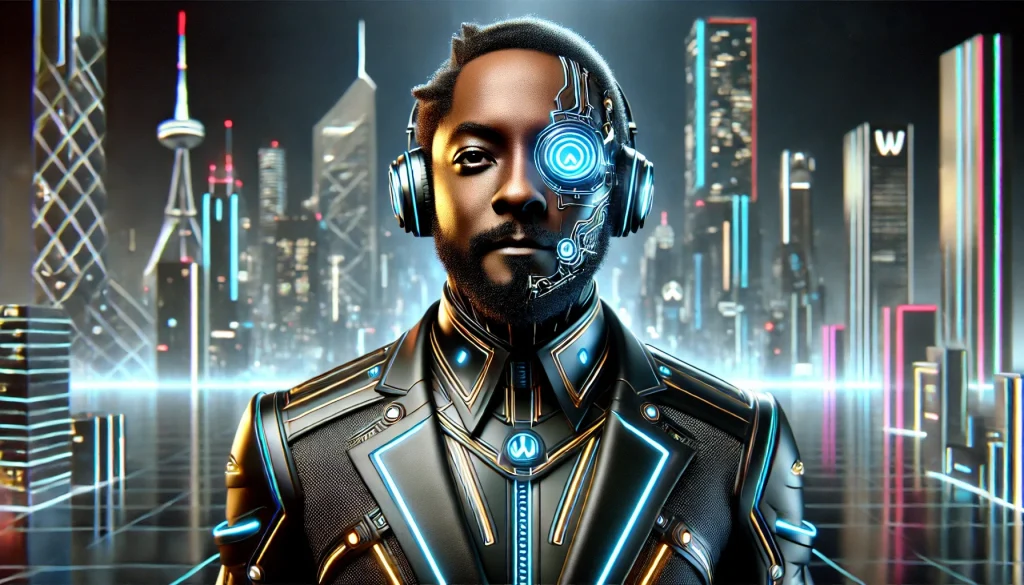
Will.i.am on AI in Music
Will.i.am recently spoke about the future of AI in music in an interview with WSJ News Will.i.am on AI, Creators and the Media Industry | WSJ News. He believes that AI will play a significant role in the creative process, offering new tools and possibilities for artists. However, he also emphasizes the need for human creativity and emotional expression. This perspective aligns well with our discussion about vocal coaching.
Key Points from Will.i.am’s Interview:
- AI and Business Practices: emphasizes that the fear surrounding AI often comes from the business practices of those implementing it, rather than the technology itself. He argues that AI isn’t inherently trying to “screw over” artists or creators, but rather it’s the greed-driven business models that lead to unfair deals.
- Disruptive Technology: compares the disruptive potential of AI to that of the internet and social media. He suggests that AI could be even more transformative, fundamentally changing how we create and consume music.
- Control Over Content: points out that creators currently lack control over how their content is monetized, especially on platforms like YouTube and Spotify. He argues that AI could help reimagine these platforms, giving creators more control and potentially more revenue from their work.
- Representation and Diversity: stresses the importance of diversity and representation in AI, arguing that AI should reflect the diverse voices and experiences of all communities.
- Educational Transformation: envisions AI transforming education by providing personalized learning experiences, making complex topics more accessible and tailored to individual learning styles.

My top Subscription Deals For You
Audible Plus Membership
2 Months Free!!!
Enjoy a vast library of audiobooks and exclusive podcasts.
Amazon Music Unlimited
3 Months FREE!!!
Enjoy a vast library of audiobooks and exclusive podcasts.
Unlimited access to over a million books and audiobooks.
Poll
I’d love to hear your thoughts.
Feel free to share your reasons in the comments below!
Conclusion
Despite these advancements, the human element in vocal coaching will remain crucial. Mastering the art of singing requires more than just technical proficiency; it involves emotional expression, storytelling, and personal connection. Human coaches bring a depth of understanding and emotional intelligence that AI cannot replicate, at least for now. They can inspire, motivate, and mentor singers in ways that go beyond data and algorithms.
So, what’s the takeaway? Embrace the future by combining the best of AI technology and human coaching. Whether you’re just starting or looking to refine your skills, consider exploring both options to find what works best for you.
If you’re interested in personalized vocal coaching sessions, I’m here to help! Let’s work together to unlock your full potential and make your voice shine.
Additionally, check out my recommended products and resources to enhance your vocal journey:
| Category | Product | Description & Links |
|---|---|---|
| Recording Equipment | Shure SM7B | A popular dynamic microphone known for its warm, smooth sound ideal for studio recording. Amazon US Amazon CA |
| Rode NT1-A | A condenser microphone with extremely low self-noise, making it perfect for clear vocal recordings. Amazon US | |
| Rode NT1-A-MP | A condenser microphone with extremely low self-noise, perfect for clear vocal recordings. Amazon CA | |
| Audio-Technica AT2020 | A budget-friendly condenser microphone praised for its high sound quality and versatility. Amazon US Amazon CA | |
| Neumann TLM 103 | A high-end condenser microphone renowned for its clarity and precision in capturing vocals. Amazon US | |
| Neumann TLM 103 (Black) w/ Suspension Shockmount & Pop Filter | A high-end condenser microphone renowned for its clarity and precision in capturing vocals. Amazon CA | |
| Vocal Health | Organic Throat Coat | An herbal remedy to soothe and protect your voice. Amazon US Amazon CA |
FAQ
Q: Can AI completely replace human vocal coaches?
A: While AI can provide technical precision and real-time feedback, it lacks the emotional and artistic insight that human coaches offer. A hybrid approach combining both AI and human coaching is likely to be the most effective.
Q: What are the main benefits of using AI in vocal coaching?
A: The main benefits include personalized feedback, 24/7 availability, and detailed progress tracking. AI tools can help singers practice more efficiently and stay motivated with data-driven insights.
Q: Are there any risks associated with relying on AI for vocal coaching?
A: Yes, over-reliance on AI can lead to a lack of development in essential performance skills and emotional expression. Additionally, AI algorithms may provide biased or incomplete feedback if not properly trained.
Q: How can I find a balance between AI and human vocal coaching?
A: You can use AI tools for technical practice and progress tracking, while also working with a human coach for personalized, emotional, and artistic guidance. This balanced approach can help you achieve comprehensive vocal development.
Q: Are there any recommended books on AI in the music industry?
A: Yes, some recommended books include Artificial Intelligence and Music Ecosystem, Music, Math, and Mind: The Physics and Neuroscience of Music, and The Artist in the Machine: The World of AI-Powered Creativity.
Learn more about how the system of the voice works in my previous article, here!
Socials
Feel free to leave any other questions in the comments, and I’ll be happy to answer them!
